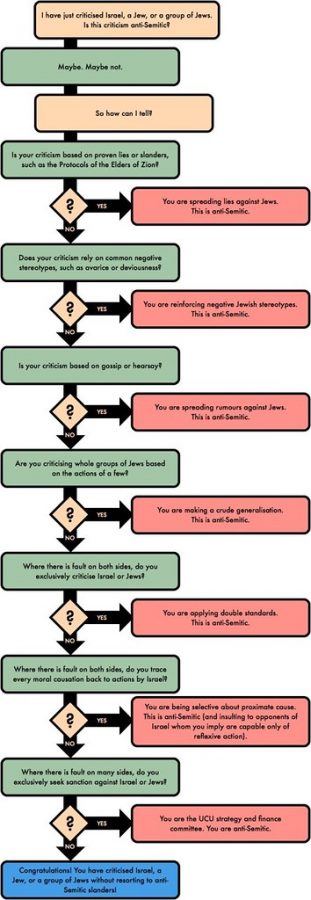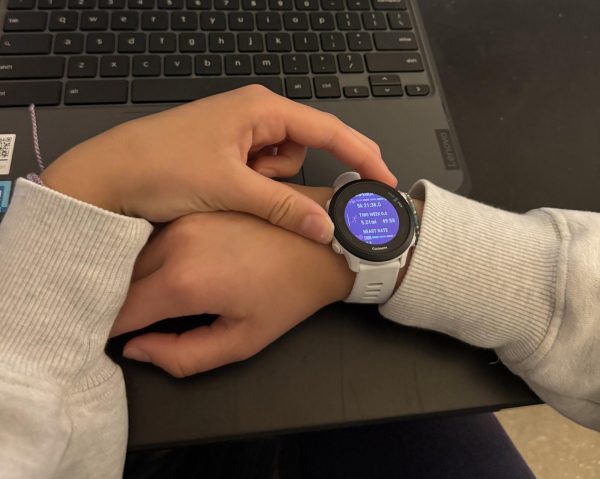Rise in anti-Semitic hate crimes, few repercussions from authorities
Photo used with permission from Google Commons
How to know if YOU are being anti-Semitic
It was Monday, Dec. 14. It also happened to be the fourth night of Hanukkah. Jewish students rushed through their homework in anticipation of lighting the menorah. While 257 miles away, North Shore Hebrew Academy students were preparing to do the same, until their school website was hacked by Nazis and their addresses and credit card information were leaked.
While students were cooking dinner and preparing for tomorrow’s classes, they were fearing for their lives, traumatized by the violent death threats posted on their school’s website. More than a month later, no perpetrator has been caught. Anti-Semitic acts like this one are rising rapidly in the United States, and they must be recognized and dealt with as hate crimes. The FBI defines a hate crime as a criminal offense that is motivated by a bias against a specific race, religion, disability, sexual orientation, ethnicity, gender or gender identity. When a person driven by hatred of the Jewish people breaks the law, whether by vandalizing, harassing or attacking someone or something, they are committing a hate crime.
Despite the 1990 Hate Crimes Statistics Act, requiring the federal government to collect data on hate crimes, it is only voluntary for state and local law enforcements to offer up data. This allows anti-Semitic acts, that should be classified and counted as hate crimes, to go unnoticed because people don’t report them, which gives people the strong belief that anti-Semitism is not a wide-scale, dangerous issue. According to the Religious Action Center of Reform Judaism (RAC), “At least 80 cities with populations of more than 100,000 people either did not report any data to the FBI or affirmatively reported zero hate crimes in 2019.”
Just because cases of anti-Semitism aren’t frequently reported as hate crimes doesn’t mean that they aren’t happening. “Of religion-based hate crimes reported to the FBI, a majority (nearly 63 percent) targeted Jews,” the RAC said.
People don’t realize that anti-Semitism is a hate crime because the only exposure they’ve had to it is if they hear about an occasional shooting on the news. Anti-Semitism can happen anywhere, and it must still be recognized as a hate crime even if it nobody dies or it is not “common.” A non-violent anti-Semitic hate crime took place at Ashland High School in Oregon where a zoom bomber attacked a live assembely. “While the presenter was sharing their screen, an attendee used Zoom’s ‘annotate’ feature to draw a swastika and write ‘Heil Hitler’ on the shared image before the host could react,” ABC News said.
The Oregon zoom bombing is just more proof that anti-Semitic hate crimes occur everywhere, even in schools. When anti-Semitism is not called out and condemned in children, it sets the precedent that the hateful behavior is acceptable, which leads to increased anti-Semitic hate crimes when they grow up. “I’ve heard people say offensive Hitler and Holocaust remarks at school. I feel like when people witness these remarks, they won’t say anything because they don’t want to be the kid that takes everything too seriously. But in reality, sometimes saying something is what people need to hear,” sophomore Lauren Povich said.
Your donation will support the student journalists of Thomas S. Wootton High School. Your contribution will allow us to purchase equipment and cover our annual website hosting costs.
Catie is a 2023 graduate.







